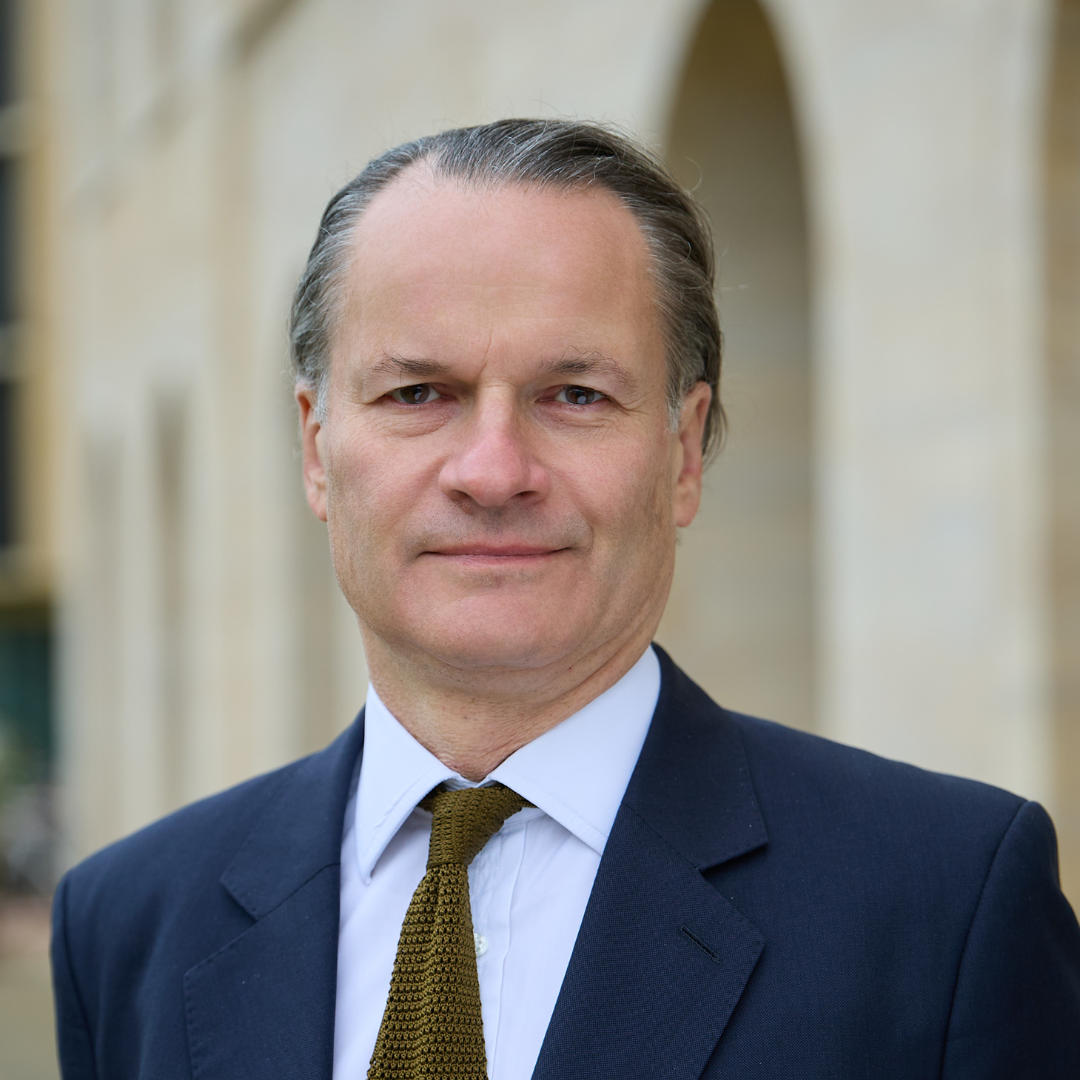
Professor Edward Harcourt, Director of the Institute for Ethics in AI (Interim), is Professor of Philosophy at the University of Oxford and a Fellow of Keble College.
From 2018 to 2022 he was Director of Research, Strategy and Innovation at UKRI Arts and Humanities Research Council (AHRC), where he helped to develop the Council’s flagship BRAID (Bridging Responsible AI Divides) programme, played an early role in AHRC’s partnership with the Ada Lovelace Institute, and gave evidence to the Committee on Standards in Public Life AI and Public Standards Report (2020).
His academic expertise lies at the boundary of ethics and the philosophy of mind, an intellectual foundation he brings to questions of AI governance and human agency. At the Institute for Ethics and AI, he is committed to building the Institute’s relationships not only within the university - with the Philosophy Faculty, with Computer Science, with the wider Humanities Division and beyond - but also with government and private enterprise, so the Institute’s work both has a secure foundation in independent research and the real-world impact it deserves.
